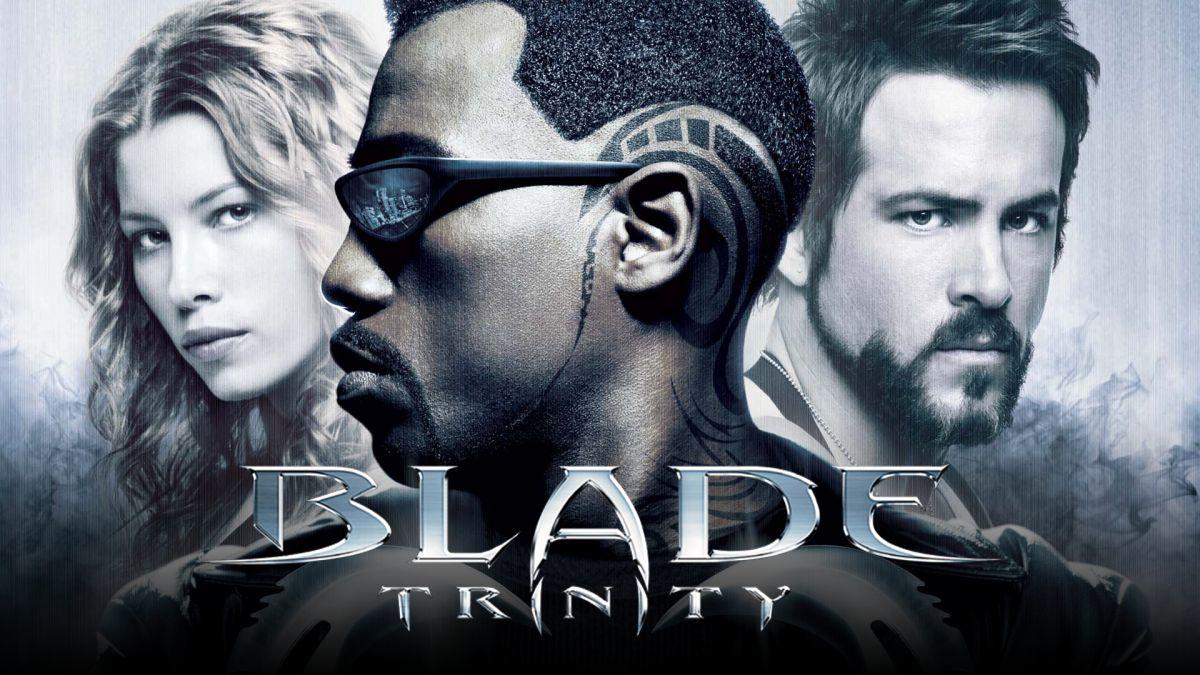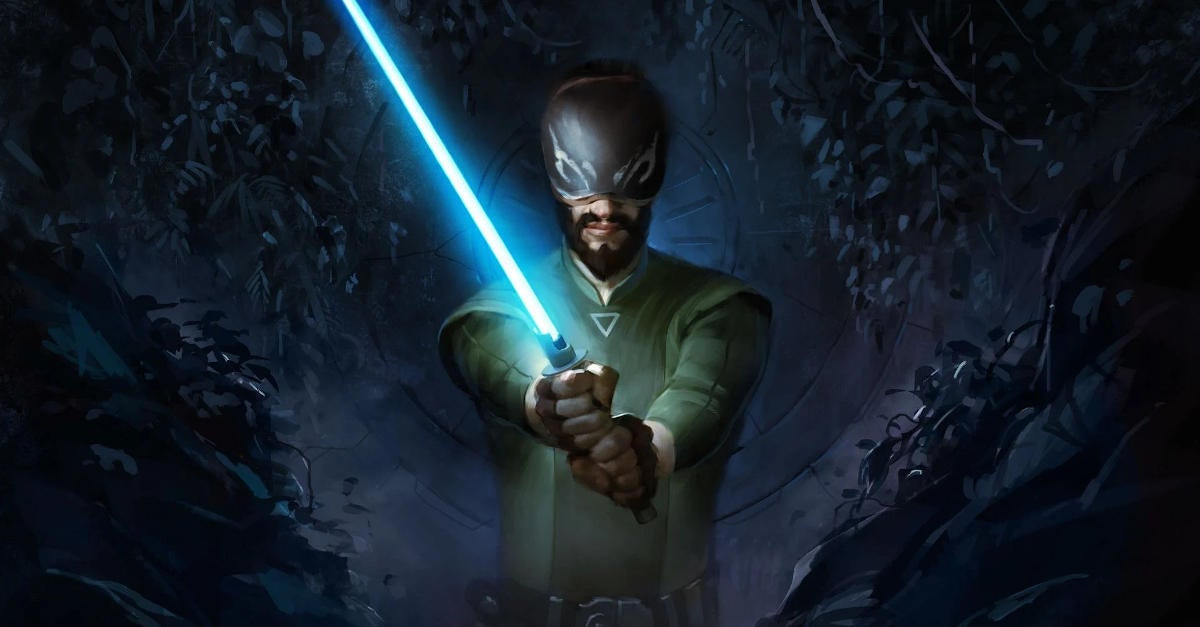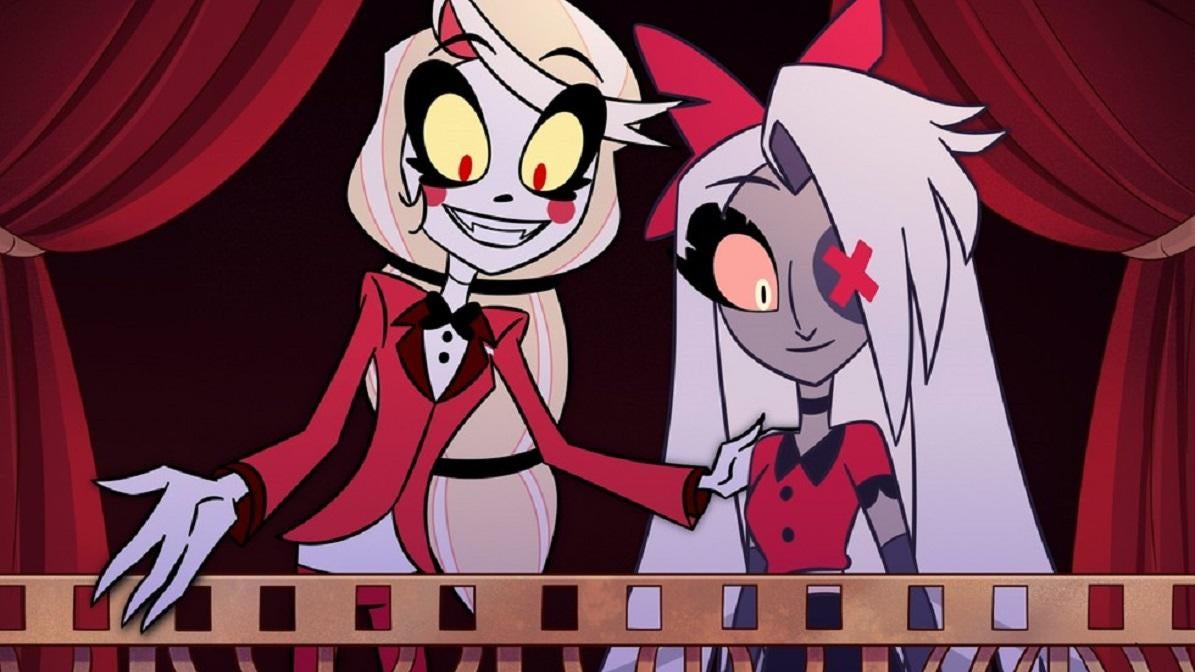The Last of Us Creator Reveals Alternate Season Finale Ending
[Warning: This story contains spoilers for The Last of Us episode 9, "Look for the Light."] HBO's The Last of Us ends its first season like the video game: Joel (Pedro Pascal) tells Ellie (Bella Ramsey) that no matter who dies — Riley (Storm Reid), Tess (Anna Torv), Sam (Keivonn Woodard) — they find something new to fight for. In the final scene of the season, Ellie makes Joel swear. Swear to her that everything he said about the Fireflies is true. Swear that dozens of people like Ellie exist who are immune to the cordyceps infection, and Marlene's (Merle Dandridge) Fireflies stopped looking for a cure.
"I swear," Joel lies to Ellie, who was unconscious when Joel murdered Marlene and the Fireflies to save the girl he's come to see as a daughter. Joel gunned down a Firefly doctor before he could remove the cordyceps from Ellie's brain — fatal for Ellie, but the key to humanity's survival.
"Okay," Ellie says. Recreating the video game ending that fans have debated for a decade, the camera then abruptly cuts to black. End Part I.
How The Last of Us Ending Changed
But the show's version of the scene almost ended differently: in an alternate ending, the camera would have lingered on the growing distance between Joel and Ellie as they made their way down toward Jackson, Wyoming.
"The change was really more something that Ali Abbasi, our director, had been playing around with. He had this thought of just playing out this slightly longer, sadder version where Ellie says, 'okay', and then she turns and walks away. And Joel looks after her. We see the two of them walking, not really together but apart, down towards Jackson. It lingers and then fades. There was something beautiful about it," series co-creator Craig Mazin, who co-wrote the episode with game writer Neil Druckmann, told GQ Magazine. "Everybody was like 'what do we do?' And there was that meta-discussion of, are the people that played the game going to be more annoyed that they didn't get it just the way it's supposed to be, or are they gonna be more annoyed that they only got what they had before? And then how will everybody else feel?"
Mazin continued: "In the end, there's something very specific about ending on that close-up of Ellie. Not knowing what comes next. Not knowing what she does. Does she walk away from him, does she walk with him, how does she feel? That moment gets suspended permanently."
Mazin suspected that show viewers would "get angry" over the season's cliffhanger ending, adding that reaction is "the anger of desire and anticipation." (The Last of Us season 2 is likely at least two years away.) For fans who played the video game — not knowing at the time that a sequel would come seven years later in 2020's The Last of Us Part II — the cut to black wasn't a cliffhanger, but an ending.
"Obviously, there's the moral kind of ambiguity of that decision: are people still rooting for Joel as he's lying to Ellie's face? But when we made the game, and that ending hit, no one knew if we're gonna make another game," Druckmann said. "So I think it was easier for people to accept it's not a cliffhanger, it's a proper ending. Here, they might say 'Oh, you left us with a cliffhanger' as they know season two is coming. So that'll be interesting to see if that means people have a different reaction."
All episodes of The Last of Us are now streaming on HBO Max. Follow for more The Last of Us on ComicBook.




